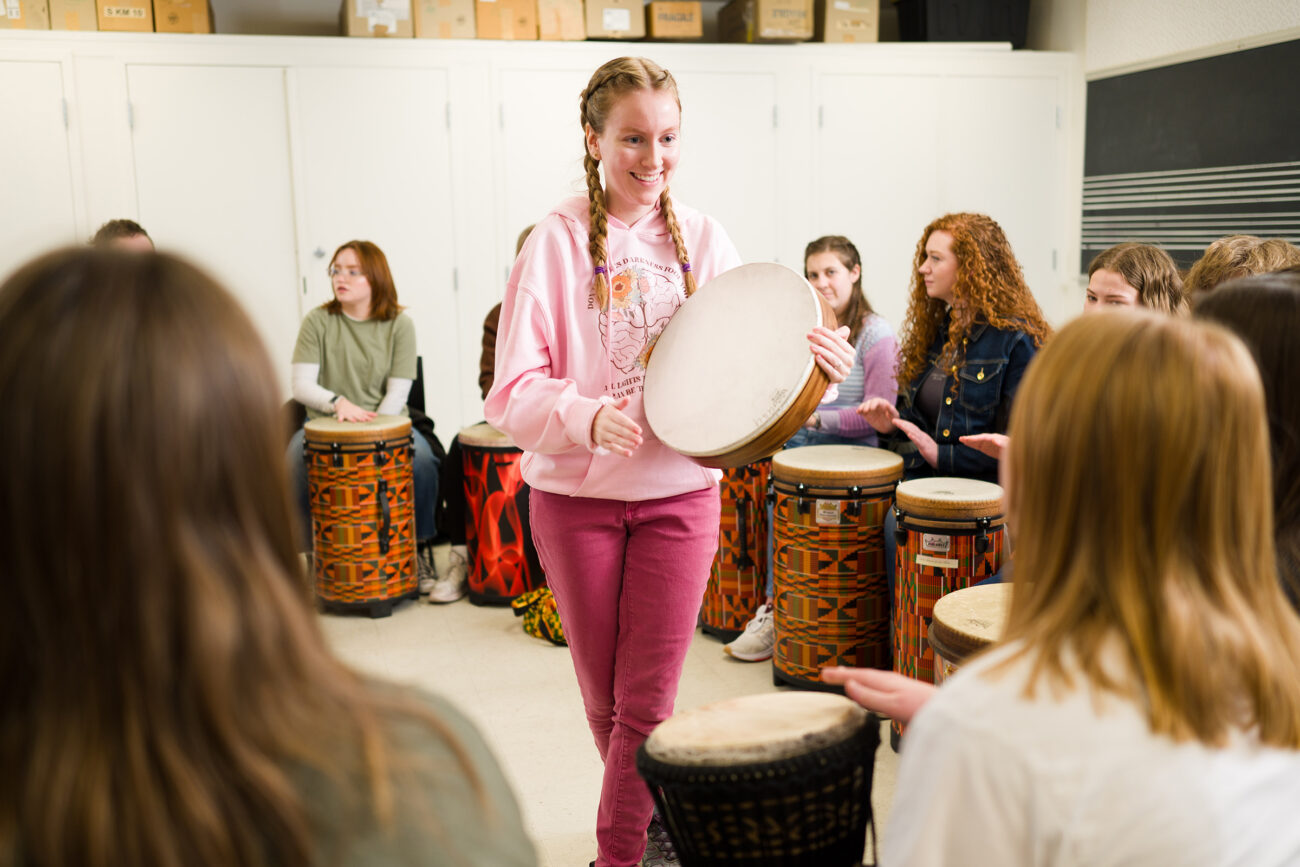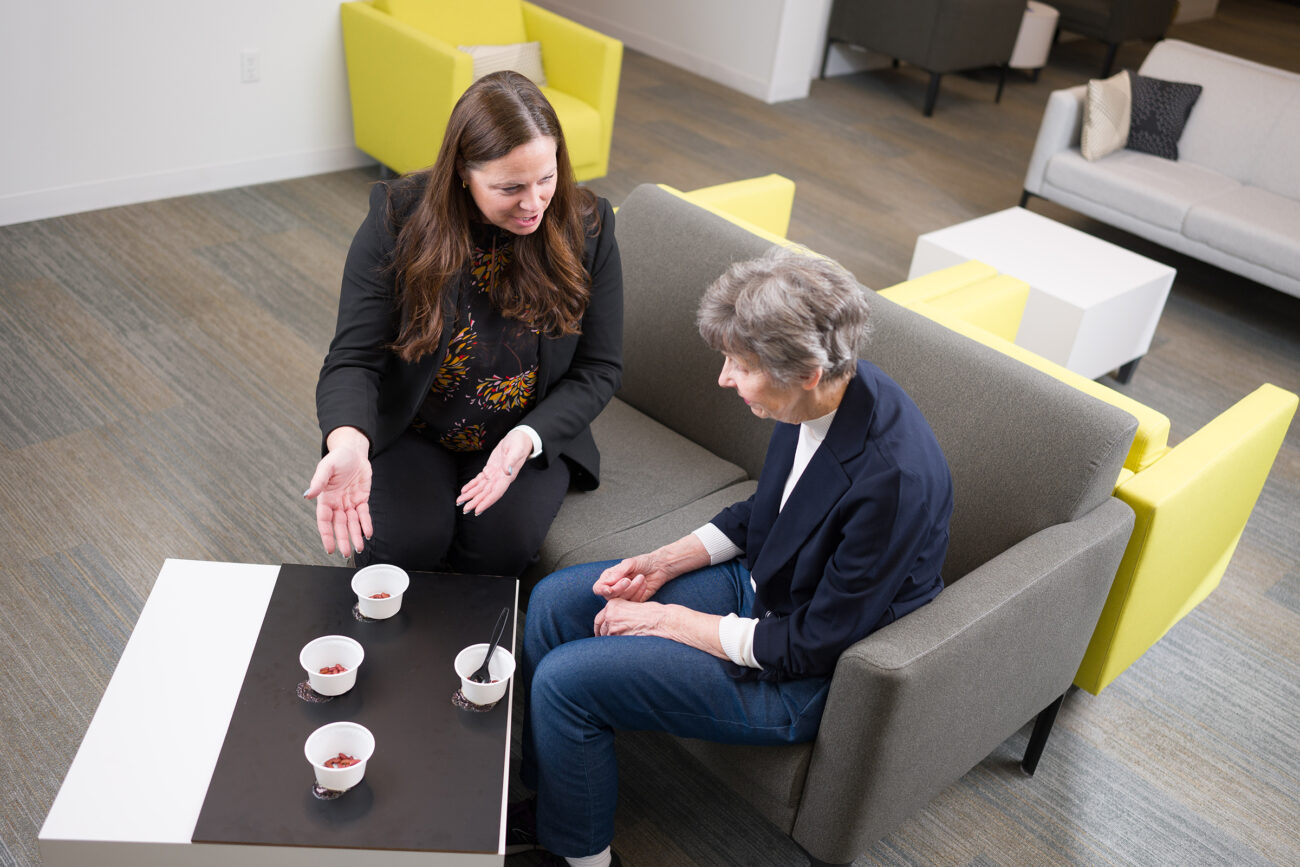Open Education Materials: A Cost-Saving Approach to Instruction

Remember buying textbooks? One day — potentially soon — that may be a thing of the past.
A side project by Merrill-Cazier librarians interested in Open Education Resources (OER) — free learning materials that can be created, adopted, or adapted for classrooms — has saved Utah State University students upwards of $3.3 million since 2014 when the library began tracking numbers. Last year alone, 8,020 students in courses using OER saved over $888,400, and Stephanie Western, USU’s OER Program Manager, hopes that figure grows as more faculty members make the switch from using pricey textbooks.
“The cost benefit is massive and is one of the reasons why instructors are willing to put in so much work,” she says. “OER make a huge difference for their students, and for students at other universities. Because when these things are available anybody can use them.”
OER often use Creative Commons licensing, which is different from traditional copyright and gives people flexibility in how they share and publish material. This can also improve accessibility for students who may need to use assistive technologies like screen readers and can be printed for those who prefer hard copies. OER may even enhance educational experiences by offering interactive features like chemistry simulations or audio files accompanying music theory texts. Another benefit of OER? They can be easily updated as current events emerge and allow instructors to tailor material to be culturally responsive to their students, Western says.
More than 260 USU faculty members have used OER in their classrooms to date. However, creating or modifying OER for individual courses is labor intensive. So, USU began a grant program offering between $500 and $3,000 to fund OER development — an effort that began in 2017 with the College of Humanities and Social Sciences and has expanded across the university. This is good news for students on a budget.
“Some of these students are really struggling to pay for this stuff, or they are just not buying the textbooks and are just hoping that their grades won’t suffer because of it,” explains Western.
As the OER library team seeks to expand into more courses, particularly general education, they survey students at beginning and end of semester of courses using OER about their expectations and experiences. “Students say that they did more of the class readings than they expected at the beginning of the semester,” Western says. “We are trying to find out what is making the biggest difference, and what is helping, so we can do more of that.”





